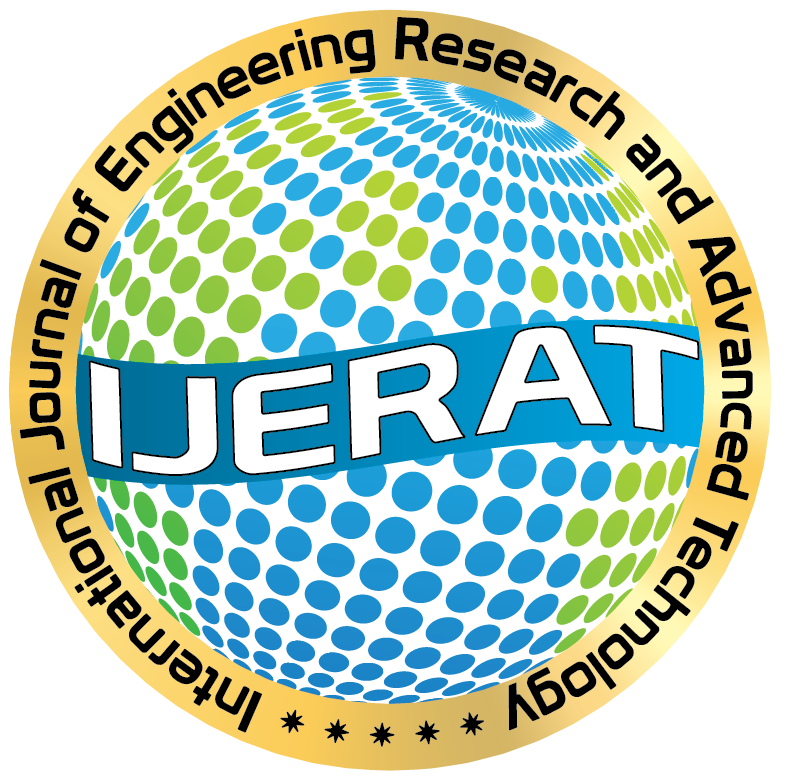DEVELOPMENT AND ANALYSIS OF BRICK MADE FROM WASTE PLASTIC BAGS
DOI:
https://doi.org/10.7324/IJERAT.2018.3206Keywords:
Plastic bags, Polyethylene, Ecological problem, CPCB, Plastic brick.Abstract
In our day to day life we come across with many different types of Plastic bags. Throughout the world 600 thousand million plastic bags are produced every year. Generally they are used only once and then thrown away. The thin plastic bags in particular represent a serious ecological problem as they cannot be easily recycled. According to a study, it is estimated that it takes approximately 500 years for a plastic bag to decompose when exposed to sunlight. If not exposed to sunlight it can remain as it is in our environment for indefinite time. According to Central Pollution Control Board (CPCB), total plastic waste which is collected and recycled in India is estimated to be 9,205 tons per day (approx. 60% of total plastic waste) and 6,137 tons (40%) remain uncollected and littered. This 40% mainly includes thin plastic bags. To try and provide a solution to this problem we made a brick from waste plastic. Plastic brick is a brick made from 30% waste plastic bags and 70% sand. This brick is resistant to oil, water, salts, acids and alkalies. It can withstand a pressure of 6.31 N/ mm2. It can be an effective way of recycling waste plastic bags in near future.








